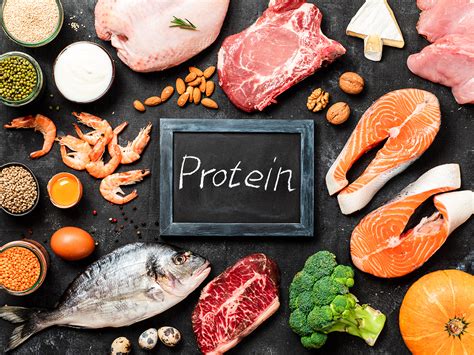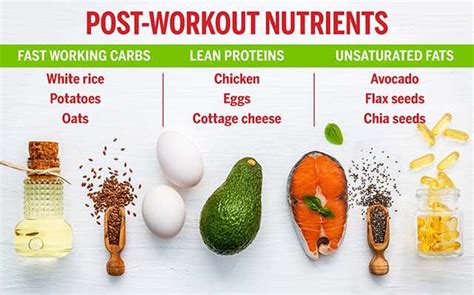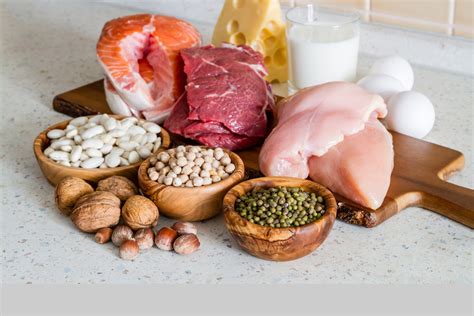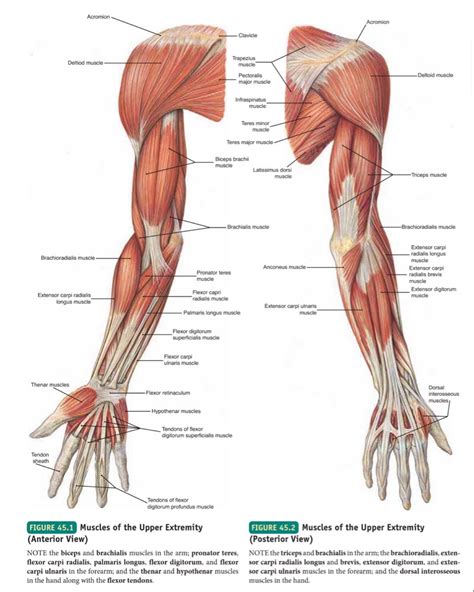What’s the optimal protein intake for male muscle growth & recovery post-workout?

The Indispensable Role of Protein in Muscle Physiology
For men engaged in resistance training, protein isn’t just a nutrient; it’s the fundamental building block for muscle hypertrophy and repair. Intense workouts create micro-tears in muscle fibers, and protein provides the amino acids necessary to repair these tears and build new, stronger muscle tissue. Understanding the optimal intake is crucial for maximizing gains and ensuring efficient recovery.

General Protein Recommendations for Active Men
While the general recommended daily allowance (RDA) for protein is 0.8 grams per kilogram of body weight (g/kg), this is often insufficient for men actively pursuing muscle growth. For strength-trained individuals, research consistently points towards a higher intake. A widely accepted range for maximizing muscle protein synthesis (MPS) is between 1.6 and 2.2 g/kg of body weight per day.
For a man weighing 80 kg, this translates to roughly 128 to 176 grams of protein daily. It’s important to note that very high intakes beyond this range (e.g., above 2.5 g/kg) often don’t provide additional benefits for muscle growth and may simply be oxidized for energy or excreted.
Optimizing Post-Workout Protein for Recovery and Growth
The post-workout period, often referred to as the “anabolic window,” is a critical time for protein consumption. While the window might be wider than once thought (extending several hours), consuming protein relatively soon after training kickstarts the recovery process. Aim for 20-40 grams of high-quality protein within an hour or two post-exercise.
This intake helps to rapidly replenish amino acid stores and initiate muscle protein synthesis, effectively halting muscle breakdown and promoting an anabolic environment.

Protein Timing and Distribution Throughout the Day
Beyond the post-workout intake, the total daily distribution of protein is equally important. Spreading protein intake across multiple meals (e.g., 3-5 meals) ensures a sustained supply of amino acids, optimizing MPS throughout the day. Aim for roughly 25-40 grams of protein per major meal, depending on your total daily target.
- Breakfast: Start the day with a substantial protein source.
- Lunch & Dinner: Include lean meats, fish, or plant-based proteins.
- Snacks: Opt for Greek yogurt, cottage cheese, or protein shakes.
- Before Bed: A slow-digesting protein like casein can provide a steady supply of amino acids overnight, supporting recovery during sleep.

Choosing Your Protein Sources
The quality of your protein matters. “Complete proteins” contain all nine essential amino acids necessary for muscle building. Excellent sources include:
- Animal Sources: Lean beef, chicken breast, turkey, fish (salmon, tuna), eggs, dairy (milk, yogurt, cheese, whey, casein). These are typically complete proteins.
- Plant-Based Sources: Soy, quinoa, buckwheat are complete proteins. Others like lentils, beans, nuts, and seeds can be combined to form complete protein profiles. Protein powders (whey, casein, soy, pea) offer a convenient and efficient way to boost intake.

Beyond Muscle Growth: The Recovery Benefits
Optimal protein intake extends its benefits far beyond just increasing muscle mass. It plays a crucial role in:
- Reduced Muscle Soreness: Facilitates quicker repair, potentially lessening DOMS (Delayed Onset Muscle Soreness).
- Improved Performance: Faster recovery means you can train harder and more consistently.
- Fat Loss Support: Protein is highly satiating and has a higher thermic effect of food (TEF) compared to carbs and fats, aiding in calorie control during cutting phases while preserving muscle.
- Immune Function: Amino acids are vital for immune system health, which can be temporarily suppressed by intense exercise.

Individual Factors and Practical Application
While guidelines exist, individual needs can vary based on factors like age, training intensity, body composition goals (e.g., bulking vs. cutting), and overall caloric intake. It’s often beneficial to start with the lower end of the recommended range (1.6 g/kg) and adjust upwards based on progress and how your body responds.
Listen to your body, monitor your progress, and consider consulting with a sports nutritionist to tailor your protein intake to your specific goals and lifestyle for optimal male muscle growth and post-workout recovery.









